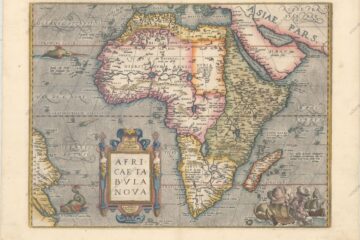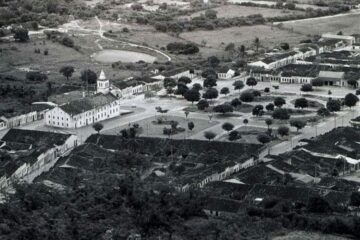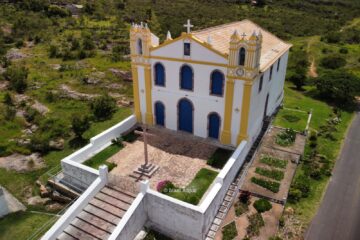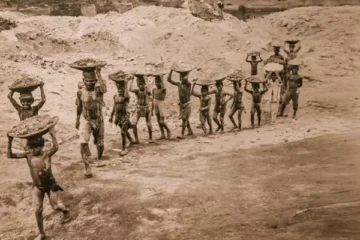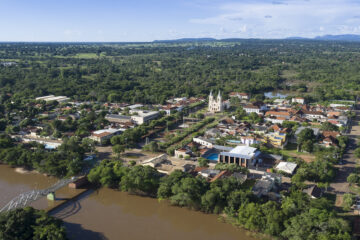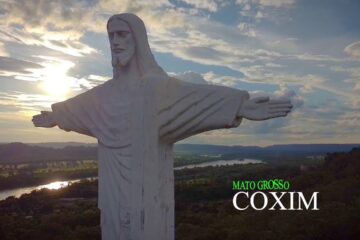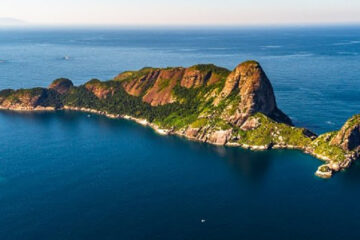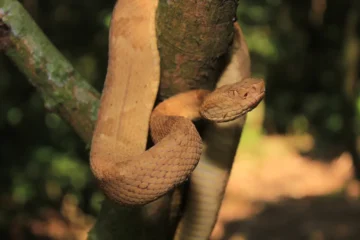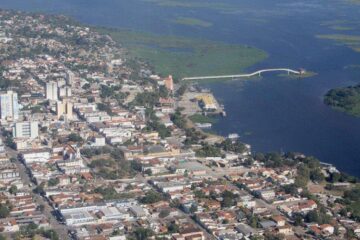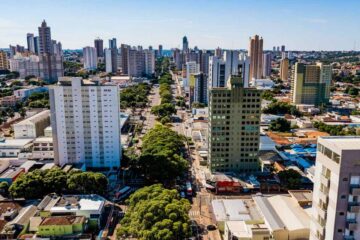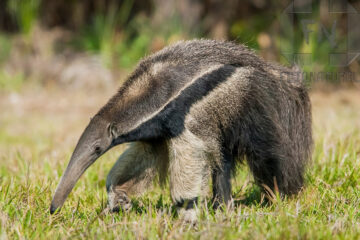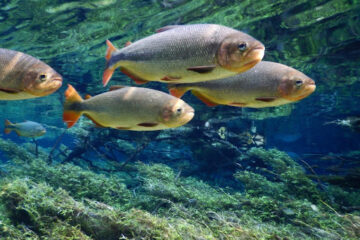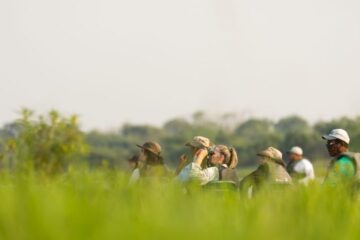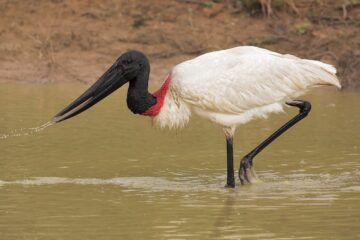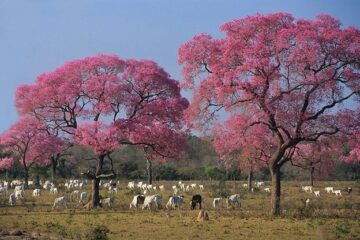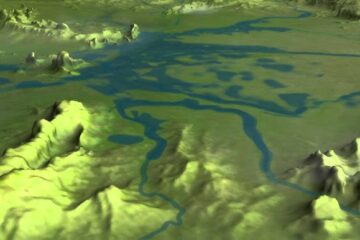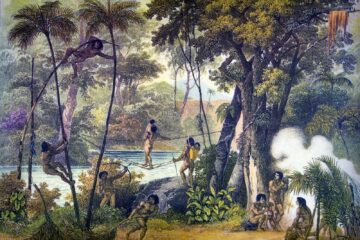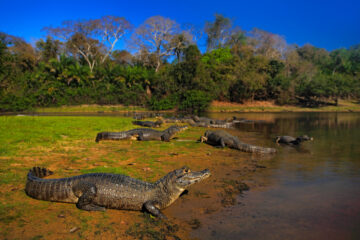Este post também está disponível em:
Português
English
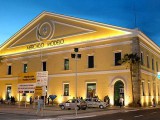
The sights, architectural heritage and natural attractions of Salvador de Bahia have been built into a richness enhanced by the revitalization of the city’s natural, historical and cultural sites and original monuments.
Salvador is one of the most beautiful and visited cities in Brazil. It has countless attractions and tourist attractions to suit all tastes: beaches and natural beauty, historical sites dating back to the beginning of Brazilian colonization, lots of music, typical gastronomy, religiosity, capoeira, as well as having the biggest carnival in the world.
It’s impossible to think of Salvador and not immediately remember places like Elevador Lacerda, Farol da Barra, Mercado Modelo, Pelourinho and Igreja do Senhor do Bonfim.
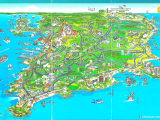
It’s not for nothing that Salvador is known as the capital of joy, as it is very hospitable to all who visit it, welcoming visitors from all over the world with many smiles and offering the best and most surprising itineraries.
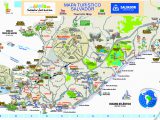
The mixture of races, creeds and colors has formed a unique culture in Salvador, which is present in all parts of the city, all year round, and can be appreciated in its most diverse manifestations, such as capoeira, candonblé, percussion, dances and carnival.
Salvador is among the sunniest cities in the world, and the climate is ideal for its 50 kilometers of beaches, spread between the upper and lower city, bathed by the waters of the Atlantic Ocean and the Bay of All Saints.
For this reason, Salvador’s tourist sites offer the opportunity for a deep immersion in time and its events.
Videos “Main tourist attractions in Salvador”
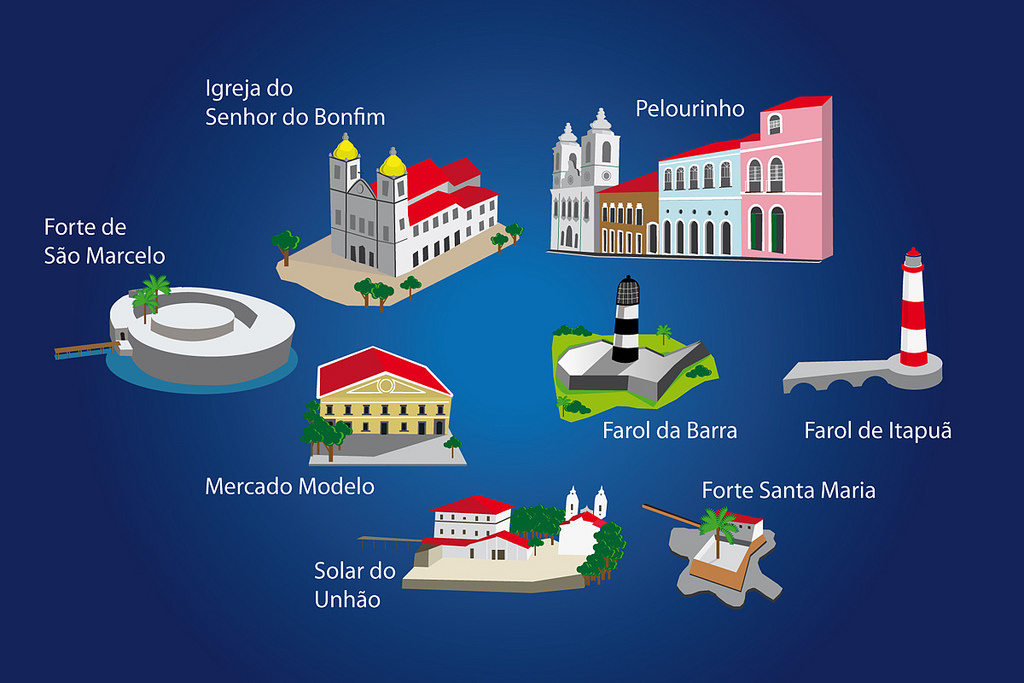

Principais pontos turísticos de Salvador da Bahia
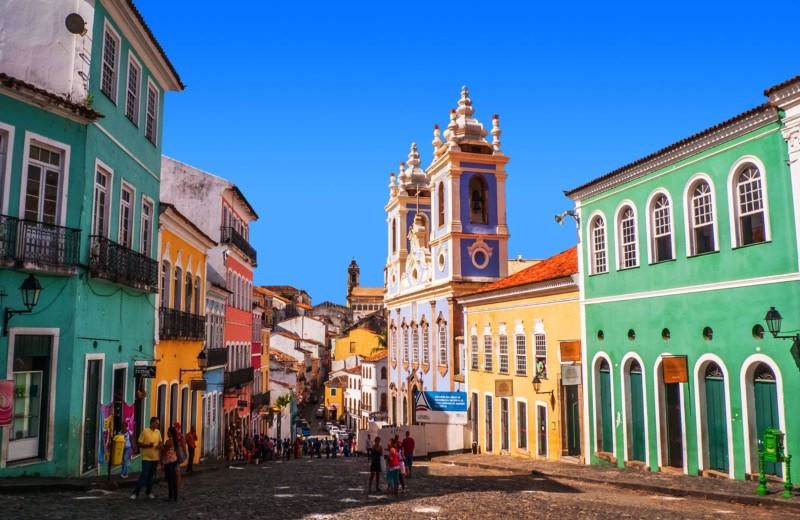
Os mais importantes pontos turísticos de Salvador BA
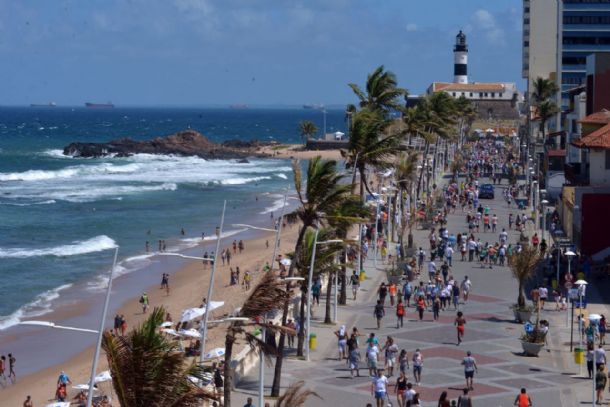
Barra e Pelourinho em Salvador da Bahia
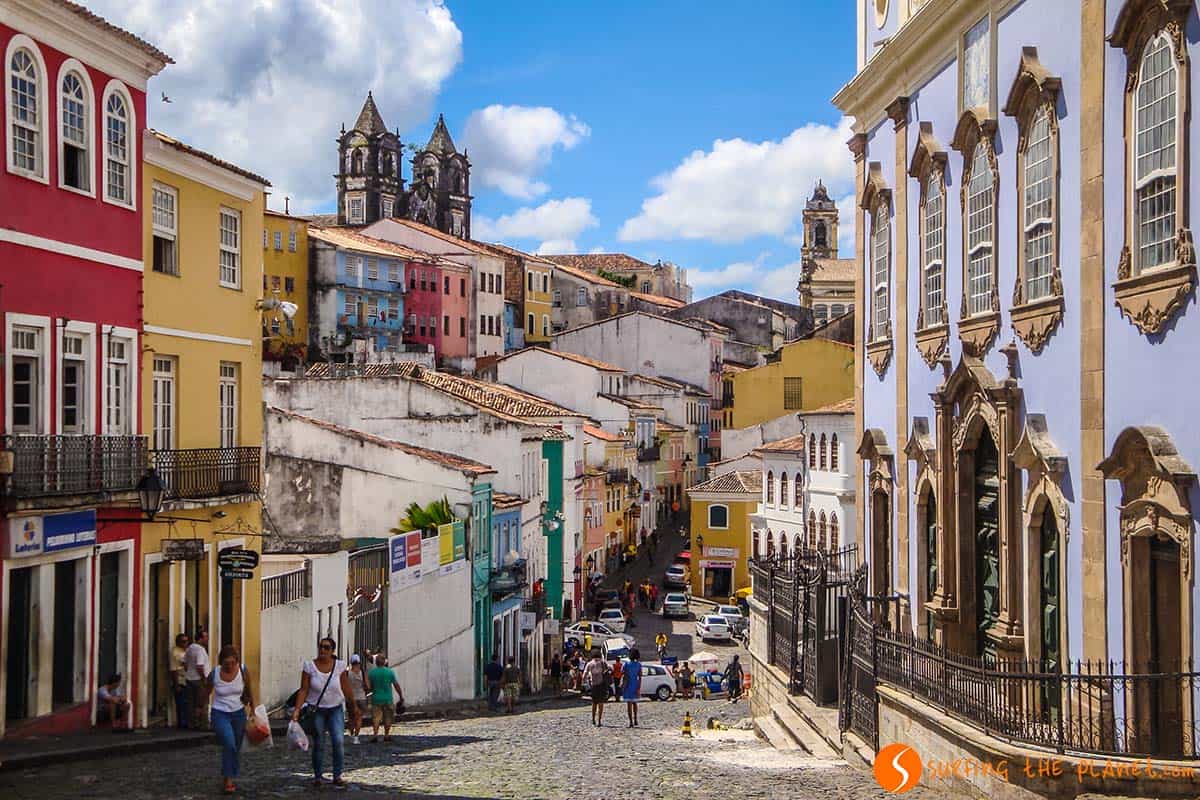
Centro Histórico de Salvador da Bahia04:13
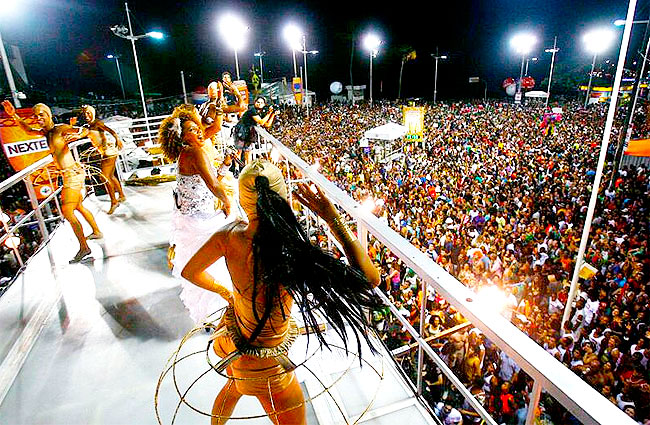
Guia Turístico de Salvador
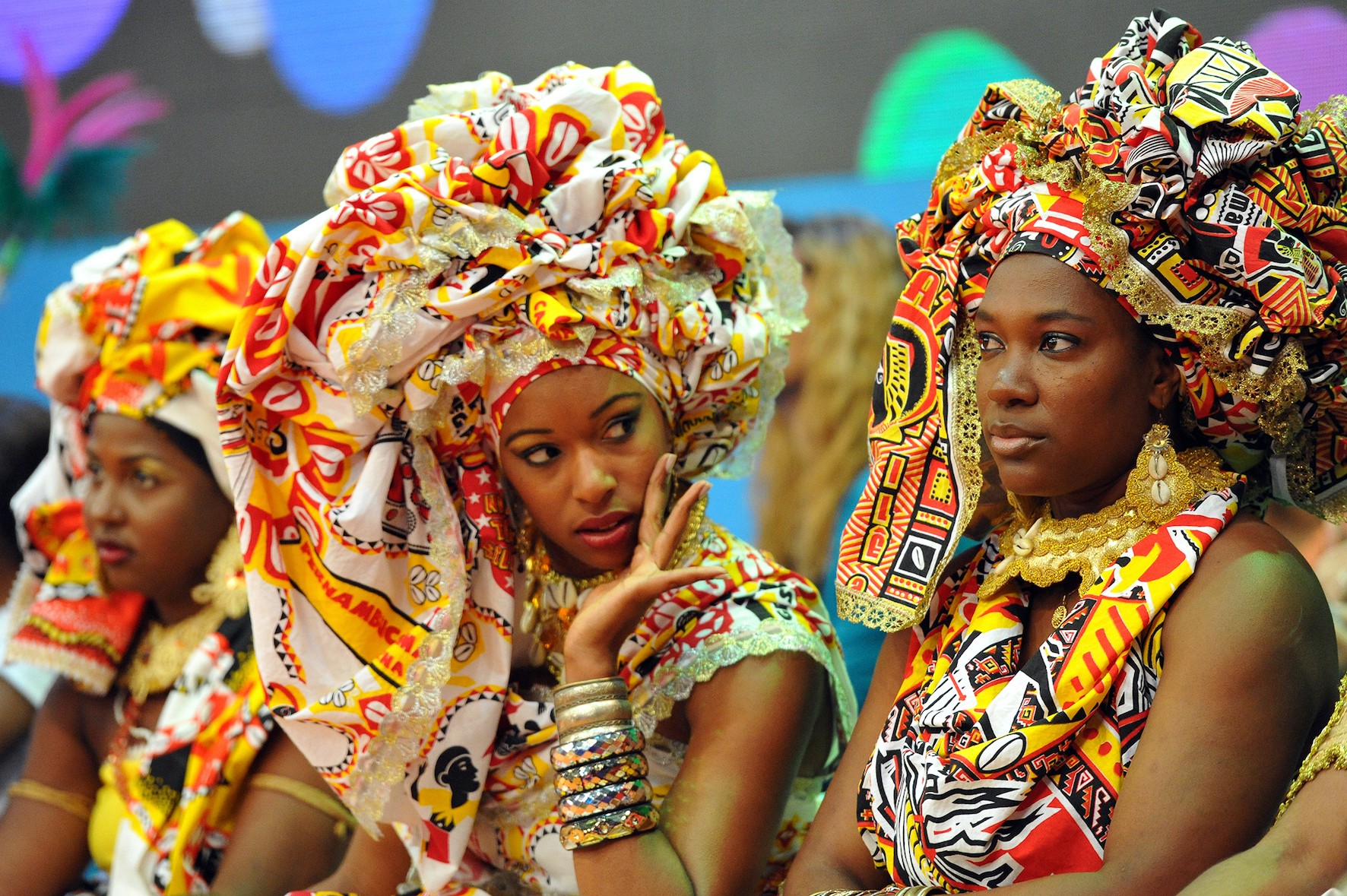
Guia Turístico Detalhado - Salvador28:00
Salvador’s main tourist attractions
1. Salvador’s Historic Center
The Historic Centre of Salvador is made up of several ruined buildings that have been restored in isolation over the last 30 years, but since 1991, this work has been given a major boost with the revitalization of entire blocks of former residences, convents and churches.
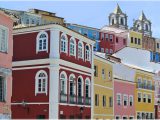
That’s why today there are more than 800 buildings with restored façades and interiors, some of which have been adapted for new functions due to the goal of revitalizing the area for cultural purposes.
2. Municipal Square
The square was opened to offer better protection against attacks by natives and corsairs by sea.
The Governor’s House, the Town Hall and other buildings were initially made of rammed earth and covered in straw and, over time, rebuilt in stone, brick and lime.
3. Lacerda Elevator
Considered a postcard of Salvador, the Lacerda Elevator highlights the topographical originality of a city separated into two levels.
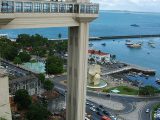
This grandiose architectural monument surprises with its size, 74 meters from the base to the elevator tower. The first tower was inaugurated in 1873 and the second in 1930.
Currently carrying more than 20,000 passengers a day, the elevator was designed and built by engineer Antônio de Lacerda, partly with his own funds and partly with donations from the city’s merchants.
It has four elevators that make the journey between the Upper Town and the Lower Town in just 11 seconds.
4. Pelourinho
This area covers one of the oldest neighborhoods in Salvador and shows the expansion of the city in the 17th and 18th centuries. Listed by IPHAN – Instituto do Patrimônio Cultural da Humanidade, Pelourinho is occupied by the old mansions of powerful government officials, wealthy planters and the merchants themselves.
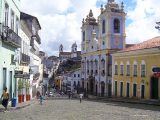
The Church of Our Lady of the Rosary of the Black People reaffirms in the city the devotion begun by the Dominican priests on the African coast and forms the backdrop to the Largo do Pelourinho, which takes visitors back to an era of wealth and ostentation.
Some of the buildings in Pelourinho, such as Solar do Ferão, house some of the city’s most important museums, such as the Abelardo Rodrigues Museum, the Jorge Amado House Foundation, the City Museum, the Portas do Carmo Museum and the Tempostal Museum.
5. Lower town
The Lower City emerged with successive expansions of the original beach area, which, from the middle of the 16th century, reached the foot of the “mountain” to serve as the port of old Salvador.
Fortifications, ship moorings, wharves for sloops and warehouses for goods coming and going from all over the world were built there.
The first area is called Conceição da Praia.
To the south is the second area, which includes Solar do Unhão.
6. Nossa Senhora da Conceição da Praia Church
The third church, built on the same site in praise of the saint of devotion of the city’s founder Tomé de Souza, was begun in 1736.
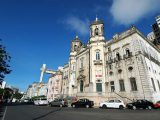
The current building, with its neoclassical façade and interior decoration inspired by the Joanine Baroque, was completed in 1849. The stones that make up the temple’s façade came from Lioz, in Portugal.
The towers, arranged diagonally, give the temple its original monumentality.
Bahia.ws is the largest travel and tourism guide for Bahia and Salvador.
7. Little beach of the Museum of Modern Art of Bahia – MAM
Yes, there is a small beach inside the MAM! Because of its location, the beach attracts a lot of onlookers, but also locals, especially young people, who have turned the area into a pulsating meeting point.
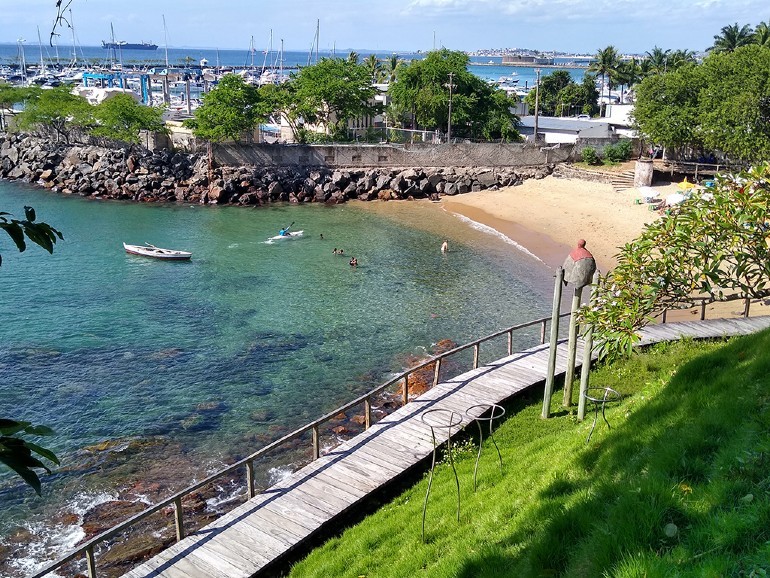
Prainha do MAM is a cove with calm crystal-clear waters, as well as being a privileged vantage point from which to observe Todos os Santos Bay. The location is next to the Sculpture Park, which only adds to the charm of both the walk itself and the route to the beach.
Access to the beach is free. It is recommended that tourists arrive early and bring what they are going to eat. There are street vendors on site selling drinks and food and renting out chairs and umbrellas.
8. Sea bathing in Porto da Barra
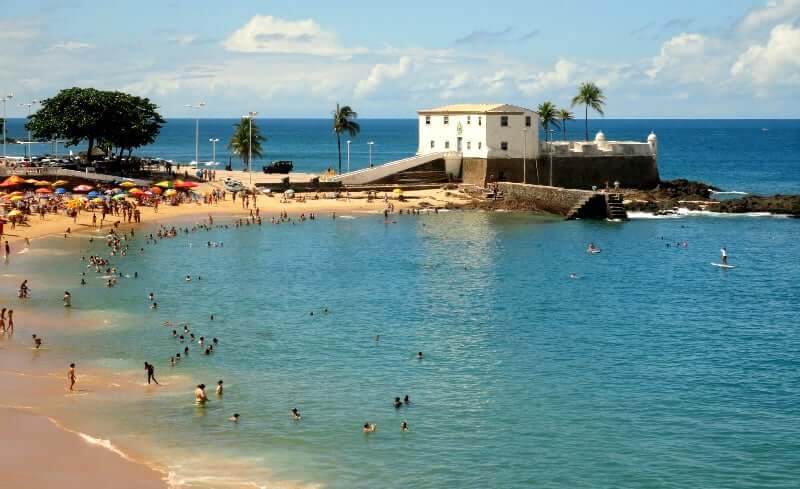
Porto da Barra is one of Salvador’s most beautiful beaches and was voted the 3rd best beach in the world by The Guardian! It lies between the Forts of São Diogo and Santa Maria and is very popular for swimming, as its waters are very calm and blue.
Porto da Barra is popular for water sports such as windsurfing, diving and stand up paddle, for example.
In the surrounding area, beautiful historic buildings enhance the view and add to the tour, such as the Forts of Santa Maria and São Diogo. The Barra Lighthouse is also nearby. It’s also a great location if you want to catch a glimpse of the sunset from the beach.
9. Barra Lighthouse
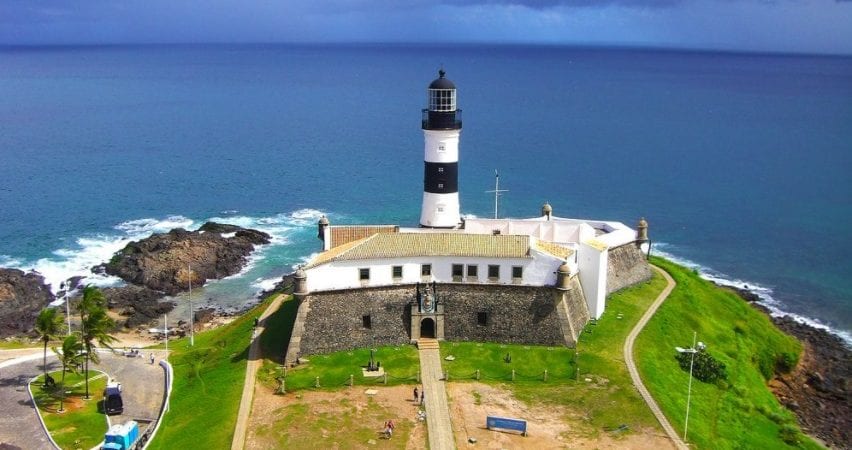
The Forte de Santo Antônio da Barra, the “real” name of the Farol da Barra, is also one of the best-known sights that tourists need to see up close.
With a 22-meter-high tower, this construction was the first to be built in Brazil, in 1534, and it also houses the Bahia Nautical Museum.
From the top of the tower, you can have an incredible panoramic view of Praia da Barra, which, as well as being beautiful, makes it an extremely photogenic spot.
The view is beautiful at any time of the day, but it is recommended that you visit near sunset for an even more remarkable experience.
10. Nosso Senhor do Bonfim Church and sunset at Ponta do Humaitá
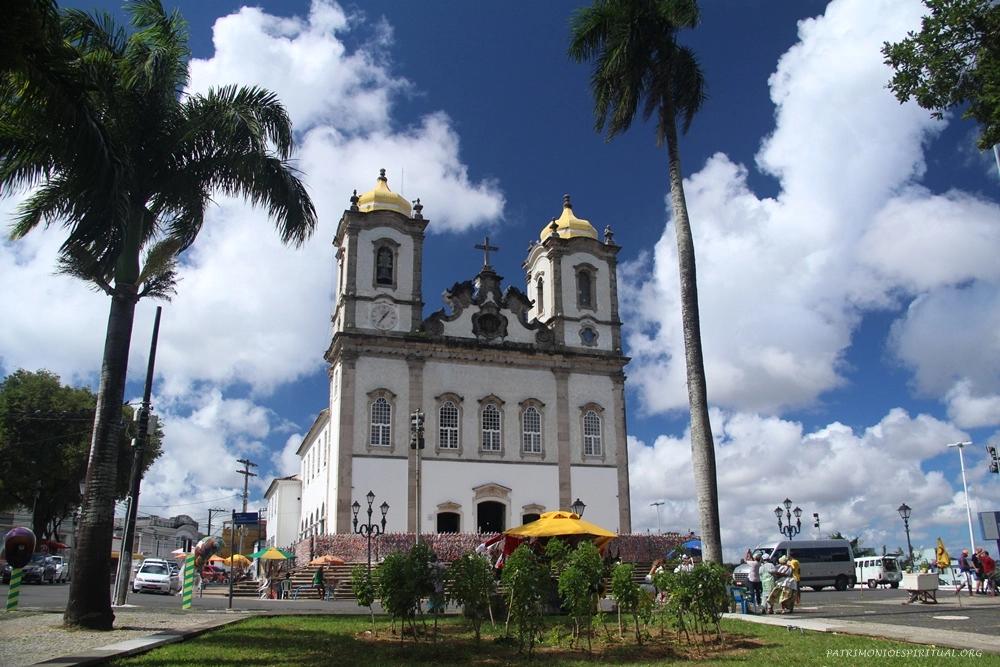
The Catholic church took 20 years to build, between the middle and the end of the 18th century.
It is one of Salvador’s postcards, whether because of its faith, its neoclassical architecture or its collection of paintings by José Teófilo, a famous 18th century Bahian painter. This is where the famous Bonfim ribbons, a typical Salvadoran amulet, are distributed.
From there, head to Ponta do Humaitá, also known as Ponta de Monte Serrat, where you can enjoy one of the most beautiful views of Salvador. Located in the Lower City, the Humaitá is the perfect place to enjoy an invigorating sunset framed by the Bay of All Saints. You can enjoy the view from the pier and the lighthouse located on the peninsula.
11. Bohemian Rio Vermelho
If you’re looking for a lively nightlife, the neighborhood of Rio Vermelho is the place for you. Considered Salvador’s most famous entertainment center, it’s where the main restaurants, bars, clubs and parties are.
If you want to experience the atmosphere in the streets, try going to Largo de Santana or Largo da Mariquita, where you can sit at tables on the sidewalk to enjoy the festive atmosphere.
12. Bars in Santo Antônio Além do Carmo
Located in the heart of Salvador’s historic center, 500 meters from Pelourinho, this is another option for those who want to enjoy the bohemian side of the city. In addition to the old mansions and cultural options, what stands out here are the bars.
As it’s a popular neighborhood, tourists may be able to find well-prepared dishes at more affordable prices.
In addition, the district offers beautiful panoramic views of the bay, is home to the beautiful Church of Santo Antônio and has vintage stores, pastel-colored houses and cafés. The whole artistic aura of the place adds to its charm.
Main tourist attractions in Salvador de Bahia
